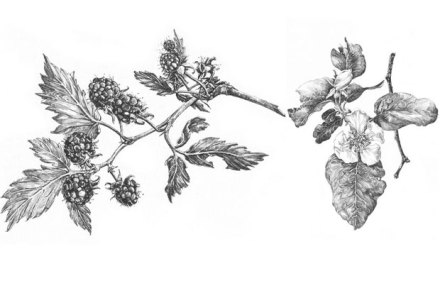Warning: the beautiful trees in this book may very soon be extinct
John Evelyn (1620–1706) was not only a diarist. He was one of the most learned men of his time: traveller, politician, town-planner, artist, numismatist, gardener and opponent of air pollution. He was a founder of the Royal Society and gave one of its first presentations, which was expanded into Sylva, or a Discourse of Forest-Trees and the Propagation of Timber. The 350th anniversary of this famous book is commemorated by the present large and grand volume. Sylva was not only about forest trees and timber trees: it included other trees like the then new horsechestnut, it pointed out remarkable individual trees, and had an appendix, Pomona . . . concerning





















